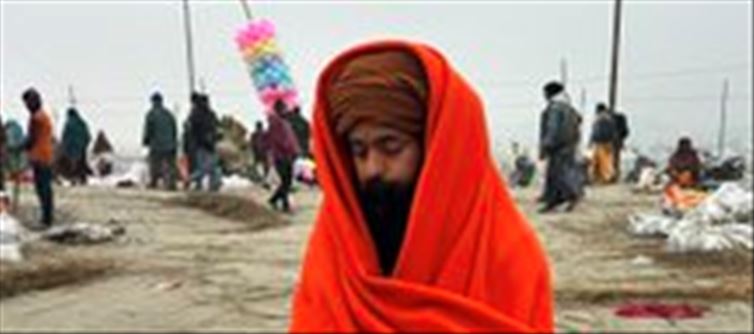
Many Hindus claim that they are open to peaceful coexistence with Muslims and Christians, provided there is a mutual understanding and respect for the existing religious fabric. They express a desire for a society where all faiths can thrive without the need for conversion as a means to grow or assert dominance. The underlying argument from this perspective is simple: live and let live. Hindus argue that they are willing to share their land and coexist peacefully, but the forced or aggressive proselytization by some Muslim and Christian groups remains a point of contention. They feel that conversion disrupts the status quo, and when done aggressively, it leads to a loss of cultural and religious identity, fueling divisions rather than fostering unity.
The resistance to religious conversion stems from the perception that it is not just about adopting a new faith, but also about erasing the cultural and spiritual heritage of the people being converted. For many Hindus, conversion isn't seen as a simple matter of changing beliefs—it is seen as a challenge to the very fabric of their civilization, a history rooted in centuries of traditions, rituals, and spirituality. The fear is that if this continues, their way of life will be overshadowed, and the cultural diversity that india is known for could be eroded.
On the other hand, Muslims and Christians often argue that their faith compels them to spread the message of god to others, believing in salvation through conversion. For them, conversion is not an attack on the existing social order, but a religious duty, driven by their interpretation of their holy texts. They see the act of conversion as an opportunity for spiritual liberation, a belief deeply rooted in their respective religions.
This disagreement leads to a broader, and at times volatile, discussion about identity, rights, and freedom of religion. Some argue that forced conversions—whether subtle or overt—are a violation of personal freedom and go against the spirit of peaceful coexistence. Others assert that religious conversion is an individual's choice and should not be seen as a threat to cultural unity.
For those who advocate for a peaceful coexistence, the issue of conversion becomes one of respect and compromise. They argue that while faith should be respected, so should the autonomy of individuals and the preservation of cultural identities. Without this mutual respect, they claim, the ideals of coexistence are rendered meaningless.
However, the narrative becomes increasingly complicated when one side views the other’s actions as an existential threat. Hindus view conversion as a cultural and spiritual battle, while Muslims and Christians see their mission as one of saving souls. The result is a clash of narratives, where coexistence seems like an impossible dream, constantly undermined by a failure to recognize the core issue: the right to preserve one’s identity.




 click and follow Indiaherald WhatsApp channel
click and follow Indiaherald WhatsApp channel